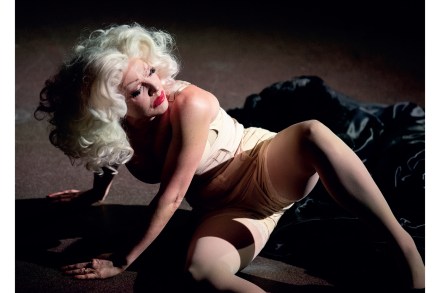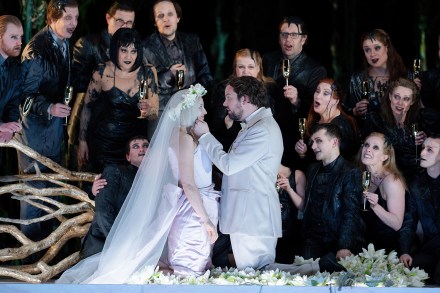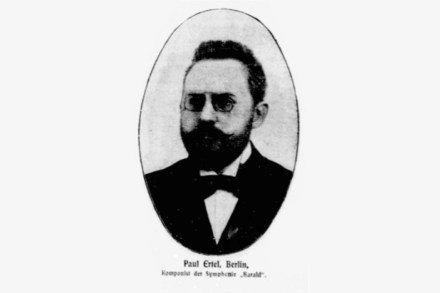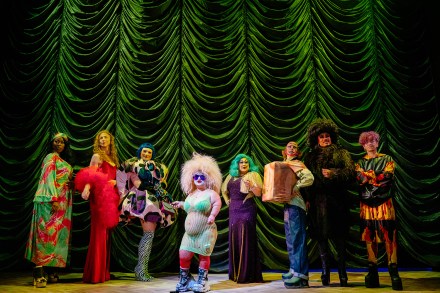Electrifying: London Handel Festival’s In the Realms of Sorrow, at Stone Nest, reviewed
Hector Berlioz dismissed Handel as ‘that tub of pork and beer’ but it wasn’t always like that. Picture a younger, sexier Handel, rocking into Rome aged 22 and challenging Scarlatti to a keyboard duel. The Italian elite couldn’t get enough of Il caro Sassone, ‘the darling Saxon’, and he repaid them with 80-odd short Italian cantatas: little controlled explosions of character, colour and flamboyant melody in which his whole future career as a musical dramatist can be heard in concentrated form. This was an encounter with a genuinely evil work of art For the London Handel Festival, the director Adele Thomas staged four of these pocket-operas. The setting was Stone




















